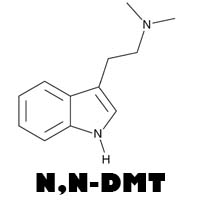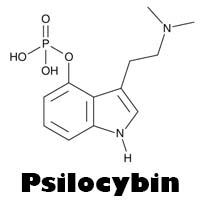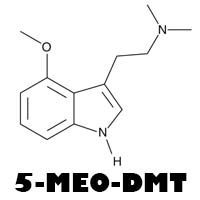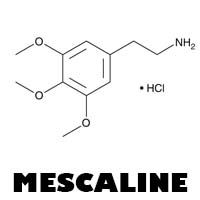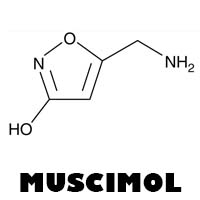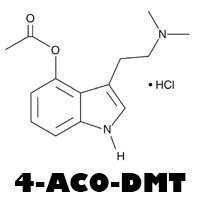The Therapeutic Benefits of Psychedelics
Psychedelics have garnered significant attention in recent years for their potential therapeutic benefits. From treating mental health conditions to aiding in personal growth, these substances are showing promise in various areas of therapy and wellness. In this blog post, we’ll explore the therapeutic benefits of psychedelics and how they are being used in modern medicine.
Treating Depression
Depression is one of the most common mental health disorders, and psychedelics have shown significant potential in treating it, particularly in cases resistant to traditional treatments.
1. Psilocybin for Depression
Psilocybin, the active compound in magic mushrooms, has been found to reduce symptoms of depression in clinical trials. Patients often report a lasting decrease in depressive symptoms after just one or two sessions of psilocybin-assisted therapy.
Alleviating Anxiety
Many people suffer from anxiety disorders, and psychedelics have been found to provide relief by addressing the root causes of anxiety.
2. MDMA for PTSD
MDMA-assisted therapy has shown remarkable results in treating post-traumatic stress disorder (PTSD). By creating a safe environment for patients to process traumatic memories, MDMA can help reduce anxiety and improve overall mental health.
Enhancing Personal Growth and Self-Awareness
Psychedelics can facilitate deep introspection and self-awareness, aiding in personal growth and development.
3. LSD and Ayahuasca for Personal Insight
Both LSD and Ayahuasca have been used to enhance self-awareness and promote personal growth. Users often report profound insights and a greater understanding of themselves and their life purpose.
Treating Addiction
Psychedelics are being explored as potential treatments for various forms of addiction, offering hope for those struggling with substance abuse.
4. Ibogaine for Substance Abuse
Ibogaine, a psychedelic derived from the African iboga plant, has shown promise in treating addiction to substances like opioids, alcohol, and nicotine. It is believed to reset the brain's reward system and reduce withdrawal symptoms.
Improving Quality of Life for Terminal Patients
For those facing terminal illnesses, psychedelics can provide comfort and improve quality of life by alleviating existential distress.
5. Psilocybin for End-of-Life Anxiety
Psilocybin-assisted therapy has been found to help terminally ill patients cope with anxiety and depression related to their condition, offering a sense of peace and acceptance.
Enhancing Creativity and Problem-Solving
Psychedelics are also being used to enhance creativity and improve problem-solving skills, particularly in professional and artistic contexts.
6. Microdosing for Cognitive Enhancement
Microdosing, the practice of taking sub-perceptual doses of psychedelics, has gained popularity for its potential to enhance creativity, focus, and problem-solving abilities without inducing a full psychedelic experience.
Conclusion
The therapeutic benefits of psychedelics are becoming increasingly recognized in both scientific and medical communities. While more research is needed to fully understand their potential, the results so far are promising. Psychedelics may offer new and effective treatments for a variety of mental health conditions, aid in personal growth, and improve overall well-being.
Suggested Images for the Blog Post
- Psilocybin for Depression: Images of clinical trials or therapy sessions involving psilocybin.
- MDMA for PTSD: Photos from MDMA-assisted therapy sessions.
- Personal Insight: Illustrations depicting self-awareness and introspection.
- Ibogaine for Addiction: Pictures of the iboga plant and treatment settings.
- End-of-Life Anxiety: Images of therapy sessions with terminally ill patients.
- Microdosing: Charts or infographics explaining microdosing benefits and protocols.
